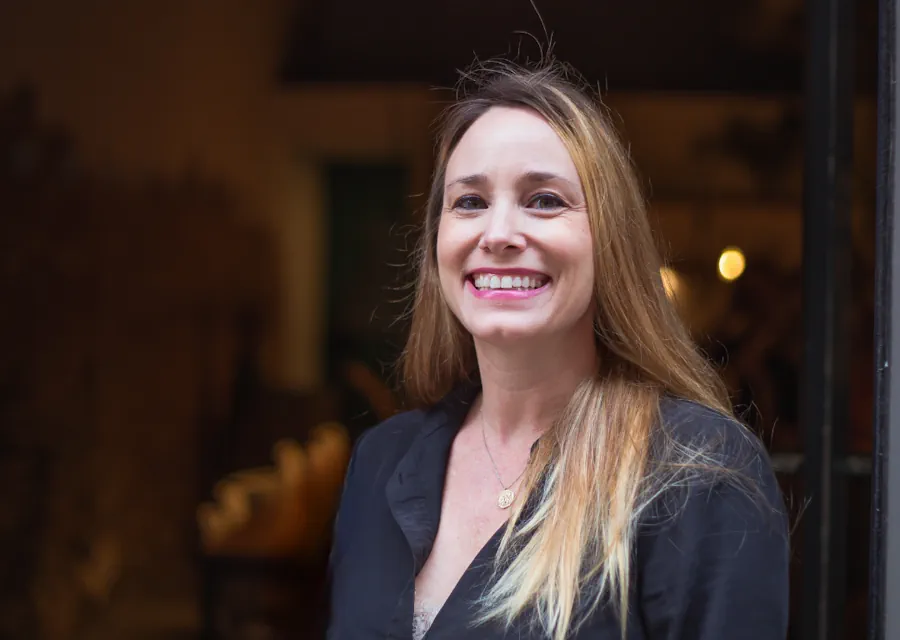Written by Melissa Leighty, Education Content Specialist at Learnlife
Can a school working within the Spanish state curriculum create meaningful space for learner autonomy, project-based learning and critical thinking?
For many educators, the challenge feels structural. The curriculum is fixed. The assessments are mandated. The timetable is tight.
But transformation does not always require tearing down the system. Sometimes, it begins with creating a new space inside it.
Just outside Barcelona, a local concertada school asked an important question:
How can we give learners more ownership of their learning while still meeting curriculum requirements?
Their answer became a powerful example of incremental school transformation.
In 2021, Learnlife worked closely with Acesco, delivering training to support teachers during the early stages of the pandemic. As a concertada school which receives both public and private funding, Acesco is still required to operate within the state mandated curriculum and looked to Learnlife for help innovating within their mandates.
This was the beginning of a powerful relationship, which allowed Learnlife to explore
Acesco’s cultures of thinking project was already underway, launched as an initiative to really answer the question of how they might better serve learners, and how more opportunities for metacognition, critical thinking and lifelong learning skills could be facilitated.
This is not an easy transition to make. Yet where it is not possible or practical to overhaul systems and structures, a space can be created from which to germinate positive change more incrementally.
In terms of building learner agency and supporting self discovery, the maker culture of a studio was a perfect fit. In Acesco, after some initial skill building around maker culture, learners built a fully developed project by the end of the year.
Montserrat tells us that at the moment, “our students have knowledge, but they are completely dependent on their teacher for the step by step processes of how to do them, and they don’t know how to start”.
In September 2021, the labs and physical learning spaces began with a workshop-like approach, and after that the self-led projects began. Ultimately, five labs were developed in the school, where learners “own” their projects, from fashion and podcast editing to carpentry and 3D modelling. Teachers also transitioned from instructors to learning guides, available to guide and support learners as they developed personal projects within each lab.
You can see a video about the final project below.
The really exciting part of this is that this all takes place within the traditional curriculum. The learners choose the tutors who can best guide their projects, but within this, there is a mix of the theoretical and the practical.
For example, in Acesco’s technology classes, learners still study the required theory outlined in the curriculum. The difference is that they then apply that knowledge to projects they design themselves — bringing ideas to life in the lab of their choice.
This is an example of disruptive change within an existing traditional model of education. It comes from, as Montserrat put it as “a feeling that something was missing.” and that “learners needed to know why they were doing what they were doing”.
Together, Learnlife, Acesco and the learners shaped a project that will evolve naturally over time. It has the potential to influence teaching culture across the school and encourage more cross-subject projects — where maths, design, science and creativity connect in ways that reflect real life.
We invite you to watch the discussion with Learnlife and Acesco in the video below.
Curious how innovation can happen without dismantling your current system? Learn more about our school transformation work.
Written by


